
On the main day of the festival, the Then altar is decorated brightly and colorfully with the main offering of the flower, which is considered the symbol of the festival. In addition, on the altar hang many swallows folded from colored paper to send the wishes of the Muong people to the gods.

The offerings are in the shape of all things in the human world, signaling a new year filled with abundance and joy. People coming to the festival all burn incense on the Then altar to pray for a lucky, peaceful and happy new year.

Entering the ceremony, the qualified person elected by the villagers wears Then costume, plays Tinh Tau and looks majestic like a general. Surrounding them are the virgins chosen to be Sao Chau, all of them are beautiful, know how to dance and sing to welcome the gods to the earth to have fun. The actions of offering flowers, making offerings, inviting wine, and Then's performances are like a dialogue with the gods in heaven with undying faith.

At the end of the ceremony, Then and the Sao Chau danced the Quat Bo Wii (sweeping withered flowers) dance. This is the belief in reincarnation in the folk beliefs of the White Thai people here. But the most bustling and exciting part is the water-splashing festival to pray for rain at Nam Lum stream after the Then worshiping ceremony. Thousands of people join in the stream to cheer in the water-splashing fun. The locals believe that the wetter the person gets, the luckier they will be. According to the Thai people, the stream is where Then is reincarnated from heaven to earth to save people. Each person participating in the water-splashing ceremony seems to feel the harmony of heaven and earth and hopes for a good harvest next year. This is also an opportunity for young couples to meet and express their love through songs. After the festival, many of them became husband and wife.

Then Kin Pang Festival has the power to spread over a large area and attract many other ethnic groups to participate. This is also an opportunity to promote the image of culture, land and people of Phong Tho, Lai Chau to tourists across the country.
Heritage Magazine


![[Photo] Hanoi morning of October 1: Prolonged flooding, people wade to work](https://vphoto.vietnam.vn/thumb/1200x675/vietnam/resource/IMAGE/2025/10/1/189be28938e3493fa26b2938efa2059e)

![[Photo] Keep your warehouse safe in all situations](https://vphoto.vietnam.vn/thumb/1200x675/vietnam/resource/IMAGE/2025/10/1/3eb4eceafe68497989865e7faa4e4d0e)
![[Photo] President of the Cuban National Assembly visits President Ho Chi Minh's Mausoleum](https://vphoto.vietnam.vn/thumb/1200x675/vietnam/resource/IMAGE/2025/10/1/39f1142310fc4dae9e3de4fcc9ac2ed0)


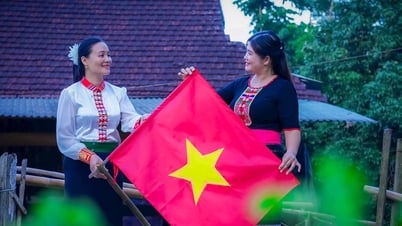

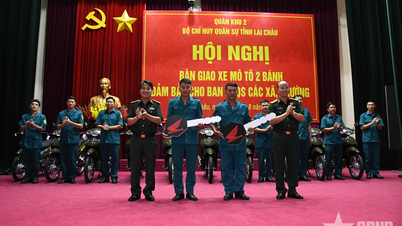

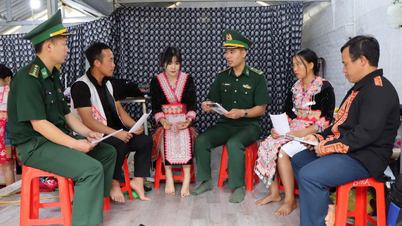
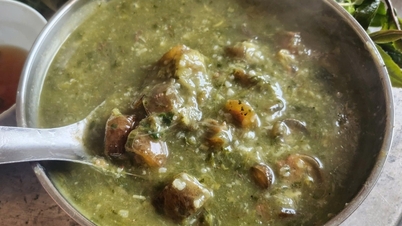



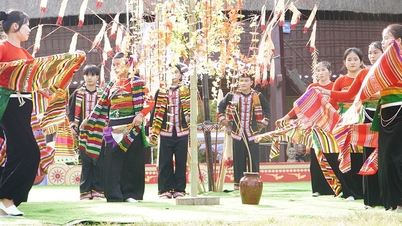

![[Photo] President of the Cuban National Assembly visits President Ho Chi Minh's Mausoleum](https://vphoto.vietnam.vn/thumb/402x226/vietnam/resource/IMAGE/2025/10/1/39f1142310fc4dae9e3de4fcc9ac2ed0)



![[Photo] Hanoi morning of October 1: Prolonged flooding, people wade to work](https://vphoto.vietnam.vn/thumb/402x226/vietnam/resource/IMAGE/2025/10/1/189be28938e3493fa26b2938efa2059e)
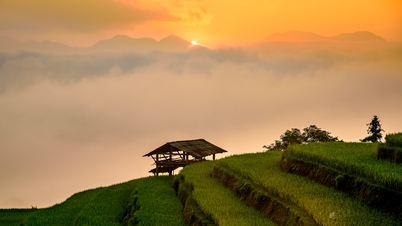


![[Photo] The 1st Congress of Phu Tho Provincial Party Committee, term 2025-2030](https://vphoto.vietnam.vn/thumb/402x226/vietnam/resource/IMAGE/2025/9/30/1507da06216649bba8a1ce6251816820)





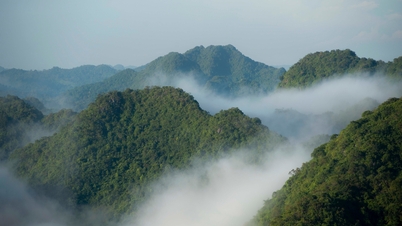
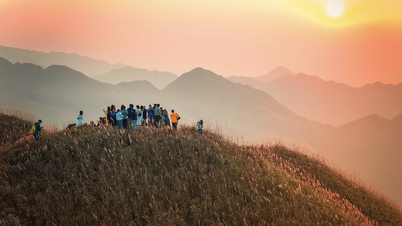
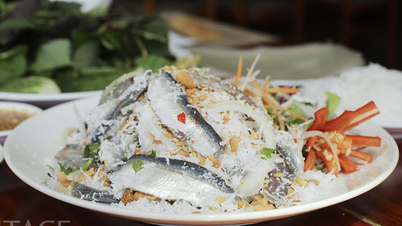
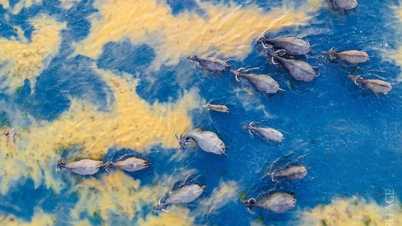































































Comment (0)